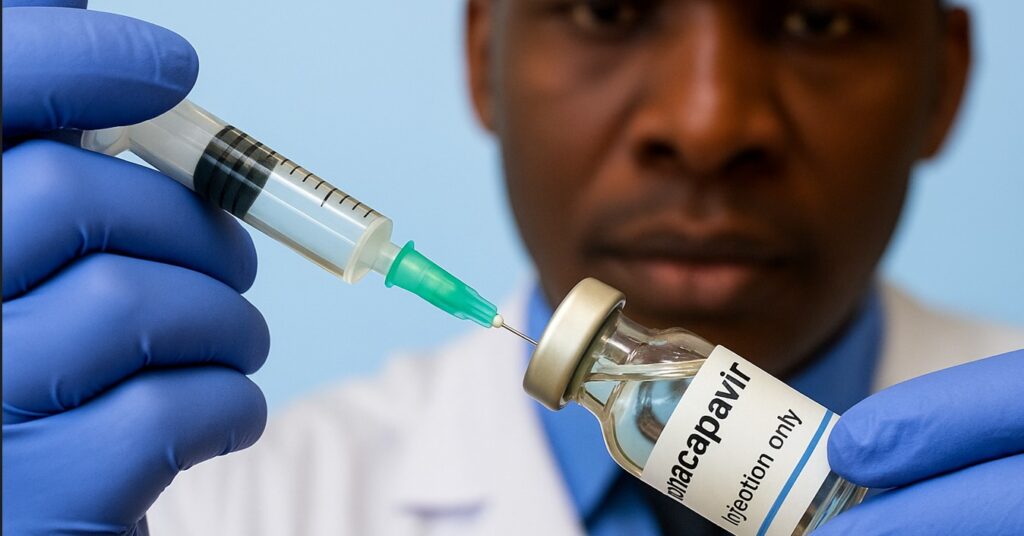Doctors Without Borders (MSF) has expressed support for a newly announced agreement aimed at expanding access to a more affordable injectable version of pre-exposure prophylaxis (PrEP) for HIV prevention. The agreement, made between Gilead Sciences and two Indian generic manufacturers, Dr. Reddy’s and Hetero, will offer lenacapavir at a significantly reduced price of $40 per person per year, starting in 2027. This deal will make the drug available in 120 countries and territories, providing a crucial tool in the global fight against HIV.
However, MSF has raised concerns about the limitations of the agreement, which currently excludes several low- and middle-income countries where a significant proportion of new HIV infections occur. In 2023 alone, 1.3 million people worldwide became newly infected with HIV, underscoring the urgent need for improved prevention strategies. Lenacapavir, a highly effective injection that requires administration just twice a year, has been hailed as a transformative advancement in HIV prevention, particularly for communities facing barriers such as stigma and criminalization.
Despite this promise, MSF argues that current access strategies cover less than 10 percent of the global need. The partnership between PEPFAR, Gilead, and The Global Fund to Fight AIDS, Tuberculosis, and Malaria, while a step forward, will only reach 2 million people in 12 countries by 2028. UNAIDS modeling suggests that this limited approach will prevent only 50,000 new infections out of a potential 3.8 million.
MSF advocates for broader access to long-acting, injectable PrEP (LA-PrEP), particularly for vulnerable populations, including sex workers, men who have sex with men, people who inject drugs, and transgender people. These groups face a higher risk of HIV infection and would benefit significantly from the expanded availability of LA-PrEP. The current plans for distribution, however, exclude these populations, focusing instead on pregnant and breastfeeding individuals.
A key issue raised by MSF is the opaque pricing and restrictive licensing of lenacapavir, which could leave millions of people at continued risk of preventable HIV infections. MSF calls for Gilead to expand its licensing to cover all low- and middle-income countries and to be more transparent regarding pricing. Furthermore, MSF urges global health donors to commit the necessary resources and political will to ensure sustainable access to these life-saving medicines for everyone who needs them. The science behind this intervention is clear, and the demand for broader access is urgent.

